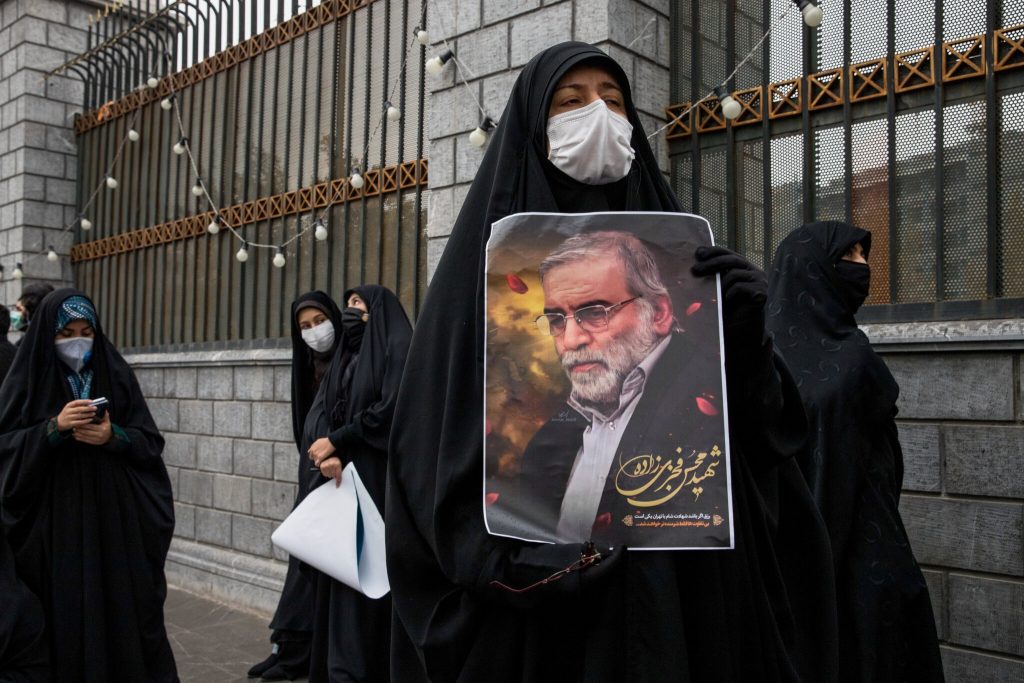The report that Israel had assassinated Iran’s top nuclear scientist last November using a “killer robot” has now been confirmed by American, Israeli, and Iranian officials who spoke to the New York Times.
On November 27, 2020, while driving with his wife from their holiday home on the Caspian Sea to their country home in Absard, prominent Iranian scientist Mohsen Fakhrizadeh was murdered east of the capital Tehran with a “smart satellite-controlled machine gun.” The smart weapon, which was hidden in a pickup vehicle a couple of miles away, shot Fakhrizadeh at least four times. His wife was unharmed.
The Iranian intelligence service had alerted him of a suspected assassination plan, but Fakhrizadeh had disregarded the information.
According to the New York Times, the rifle and its advanced robotic system weighed around a ton. Israeli spies smuggled the weapon and its parts into Iran separately before putting it back together. The complete system, which included multiple cameras, was mounted in the bed of a pickup truck to provide Israeli operators with a detailed picture of the vicinity. Furthermore, the truck was filled with explosives if any proof was discovered after the mission completion.
A satellite communication relay linked the 7.62-mm gun to an Israeli command center. Through a computer screen, an agent manipulated the rifle and directed it at its target.
Artificial intelligence was developed to account for Fakhrizadeh’s car movement and the 1.6-second delay between what the camera and the operator saw. In addition, facial recognition software was also used to guarantee that the rifle only targeted the Fakhrizadeh while saving his wife’s life. After the shooting, the pickup vehicle exploded, but the intelligent rifle system was not entirely destroyed.
Unfortunately, the modernized remote-controlled machine gun has joined the arsenal of high-tech weapons for remote targeted killing alongside the combat drone.
“It was not a simple terrorist attack for someone to come and fire a bullet and run,” said the scientist’s son Hamed Fakhrizadeh on national television. “His assassination was far more complicated than what you know and think. He was unknown to the Iranian public, but he was very well known to those who are the enemy of Iran’s development.”

